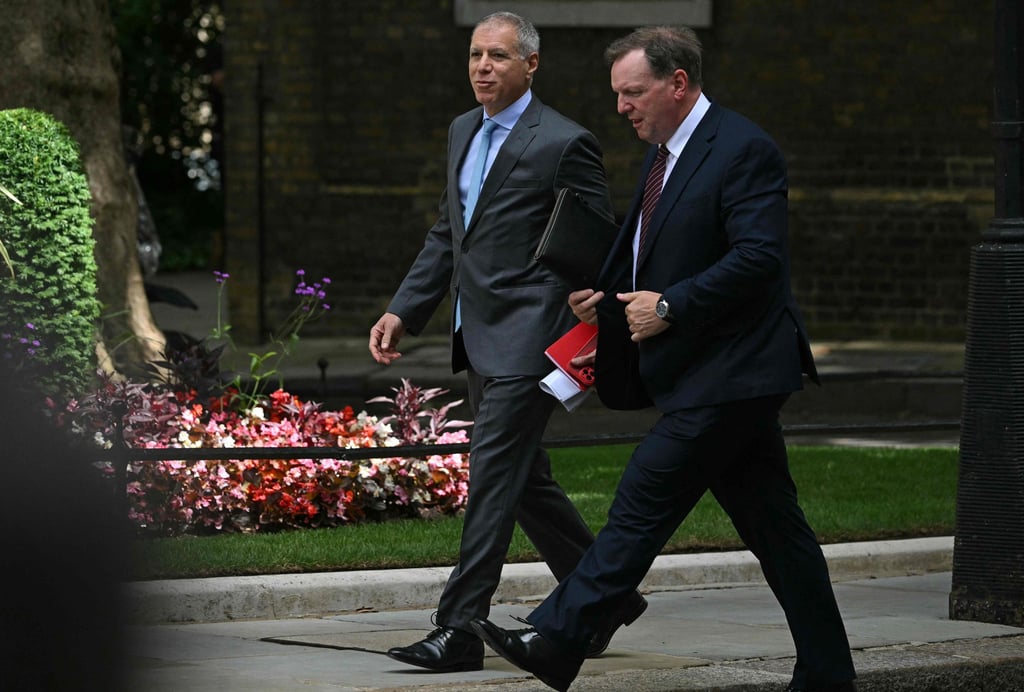HSBC, the largest banking group in Europe and Hong Kong by assets, maintained the size of its stock buy-back programme after reporting a 29 per cent drop in profit last quarter because of bigger-than-expected impairments to its interest in mainland Chinese lender Bank of Communications (BoCom).
The UK lender, whose Asian base is in Hong Kong, will set aside US$3 billion to repurchase its own shares for the next three months, matching the spending in the same period a year ago, according to its stock exchange filing on Wednesday. It will pay a dividend of 10 US cents per share, the same as in the preceding quarter.
HSBC on July 25 completed its US$3 billion stock buy-back started from May. It spent US$2 billion on stock buy-backs from February to April this year.
HSBC said its pre-tax profit in the second quarter fell 29 per cent to US$6.33 billion from a year earlier, citing slimmer lending margins. It also booked a one-off loss of US$2.1 billion after a special stock issuance by BoCom to the Chinese central government in April diluted its stake in China’s fifth largest lender to 16 per cent from 19.03 per cent – larger than the US$1.2 billion to US$1.6 billion range it estimated in April.
The second quarter pre-tax profit was lower than a market consensus of US$6.99 billion among analysts tracking the stock, according to Bloomberg data.

On a six-month basis, HSBC reported a 26 per cent drop in pre-tax profit to US$15.8 billion from a year earlier. Net profit decreased 30 per cent to US$11.5 billion, or 65 US cent per share, trailing a consensus forecast of US$11.9 billion compiled by the bank. Pre-tax profit and revenue grew by about 5 per cent without one-off “notable items.”


